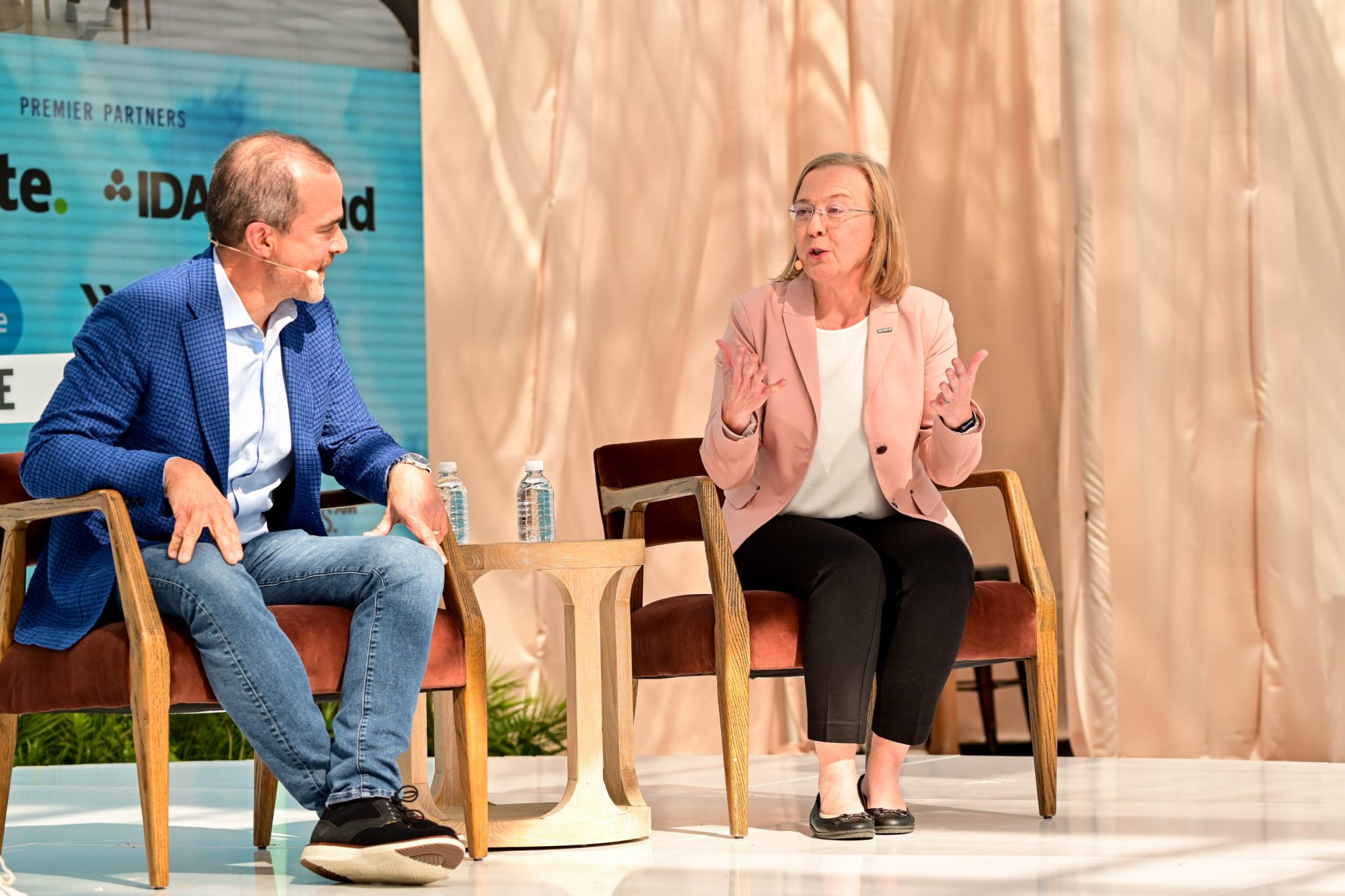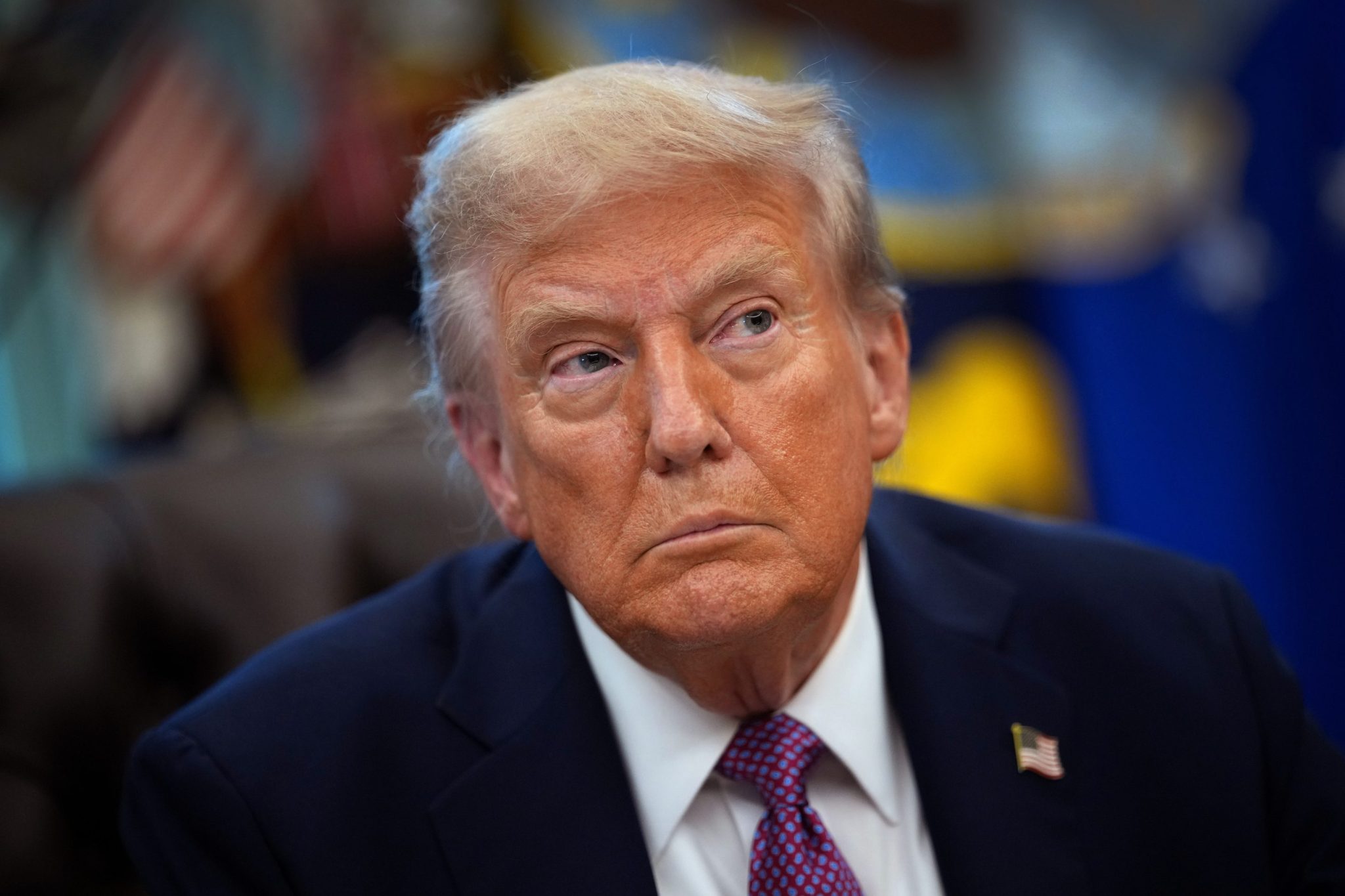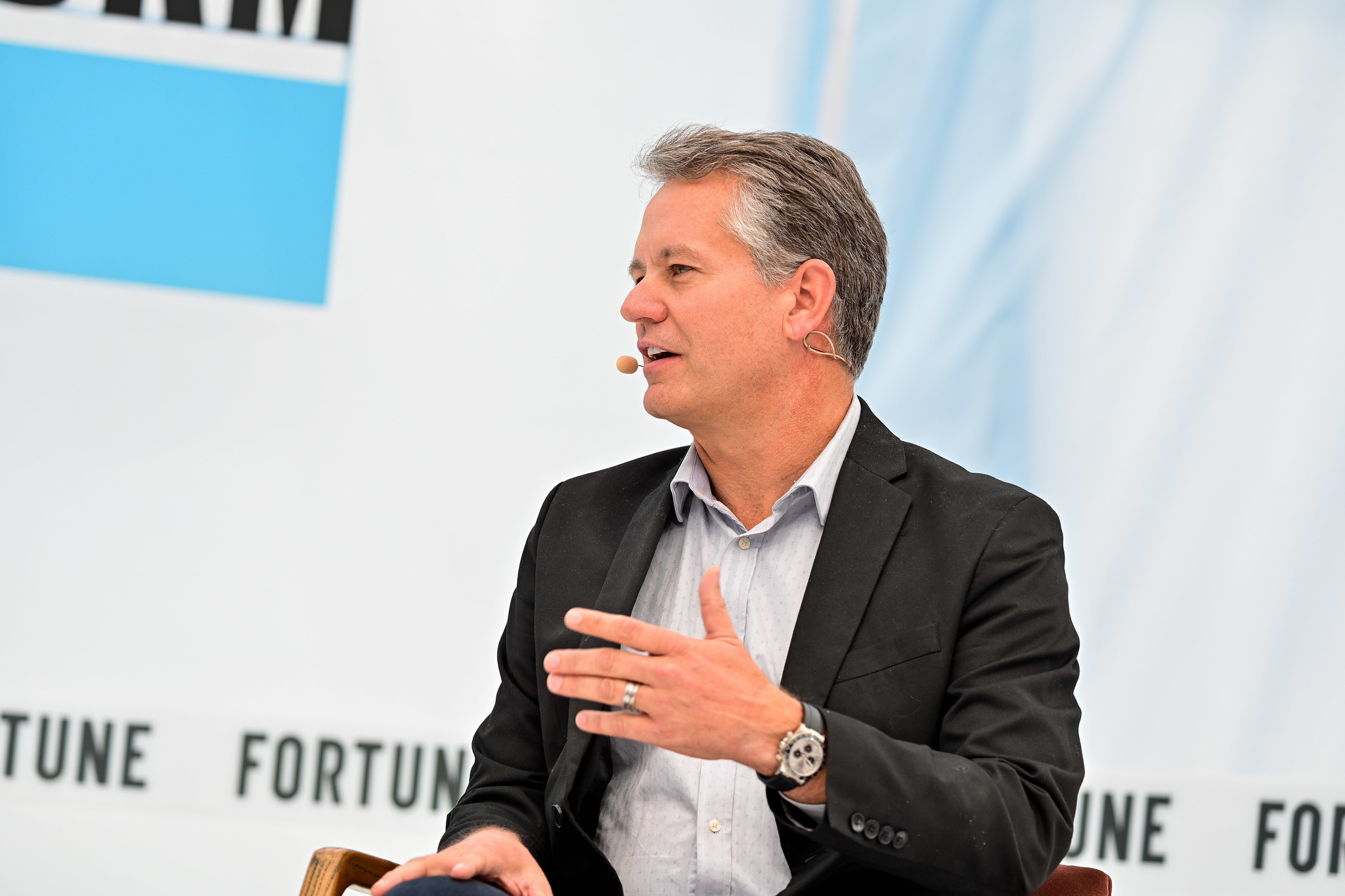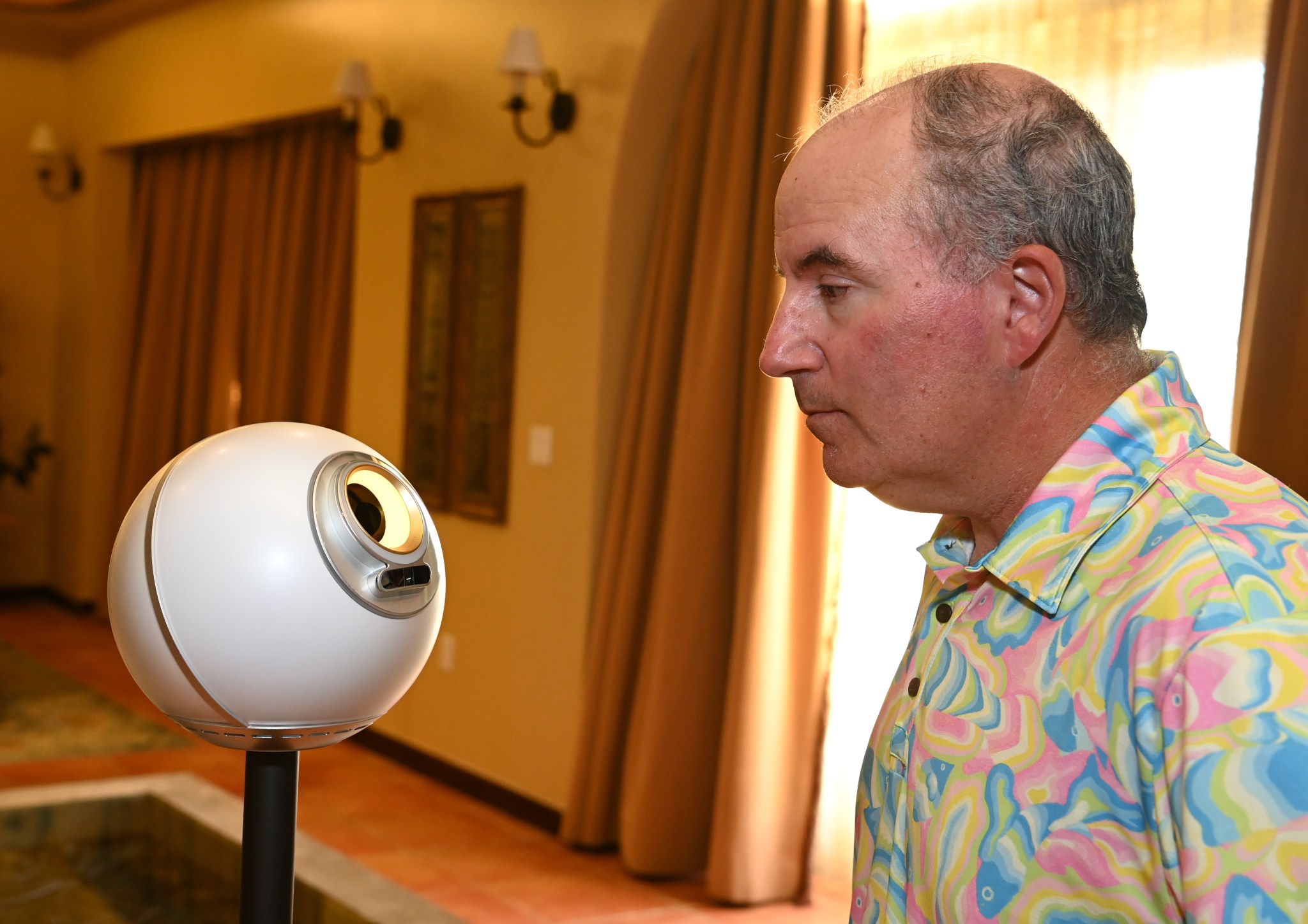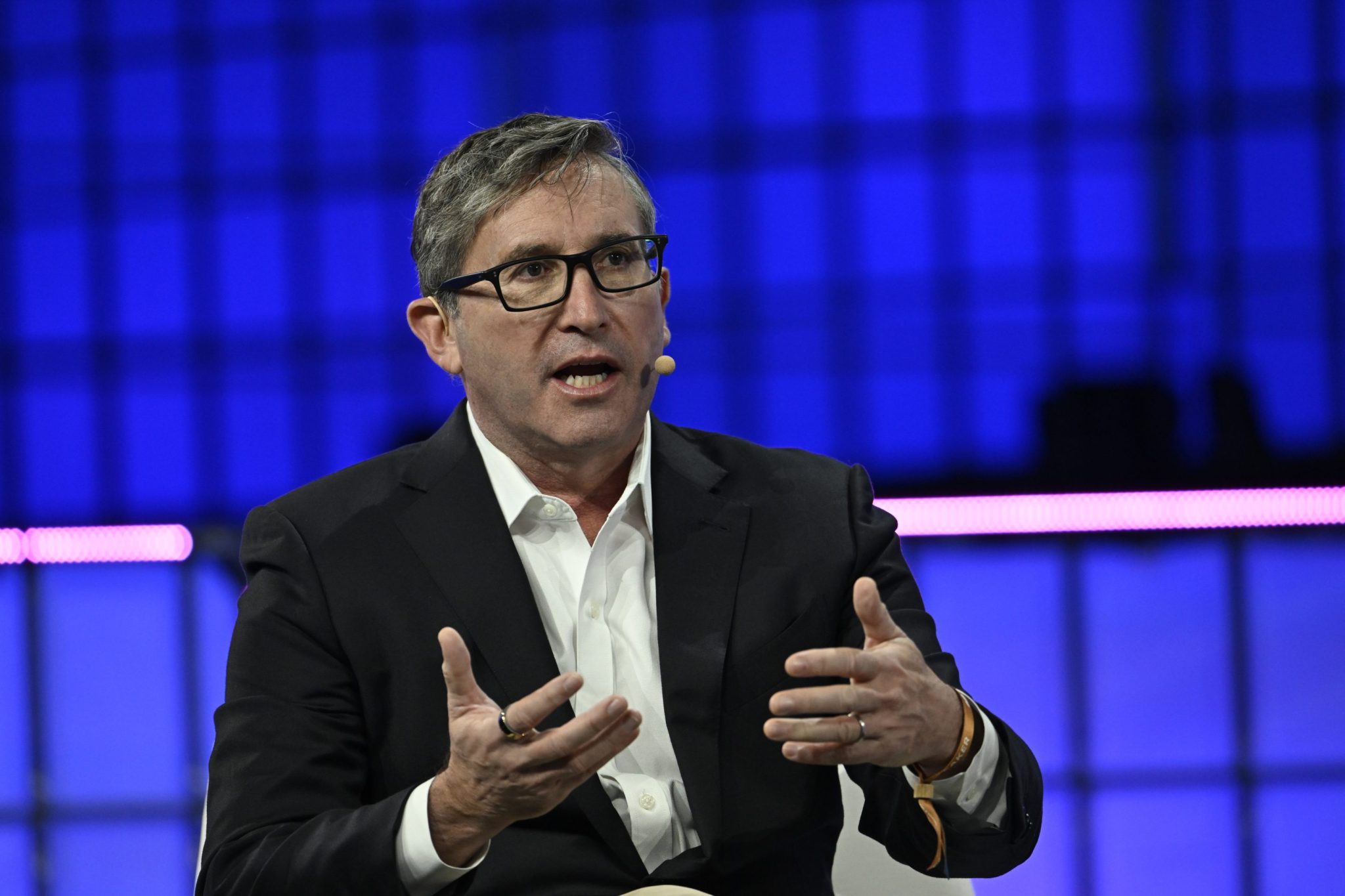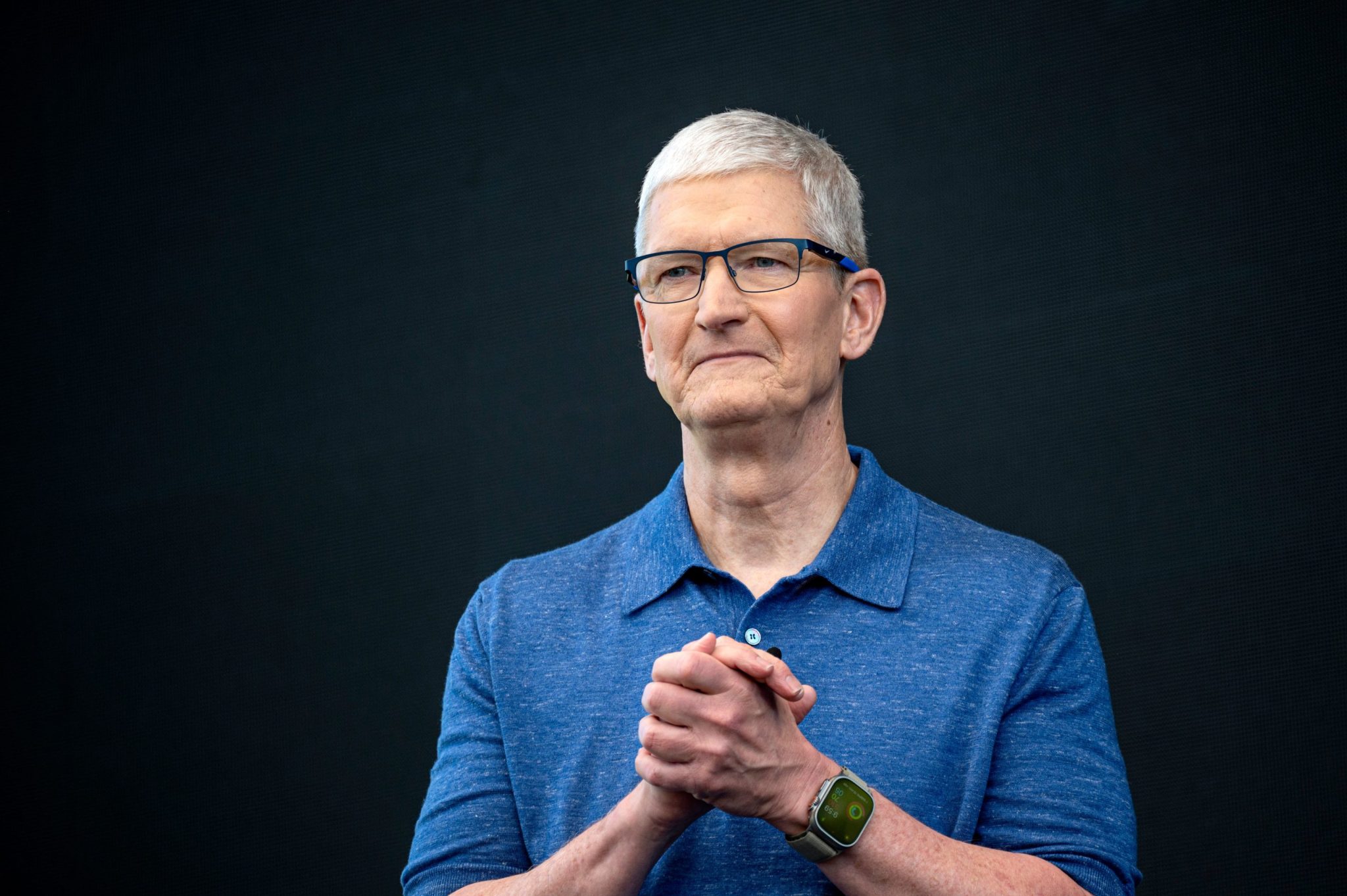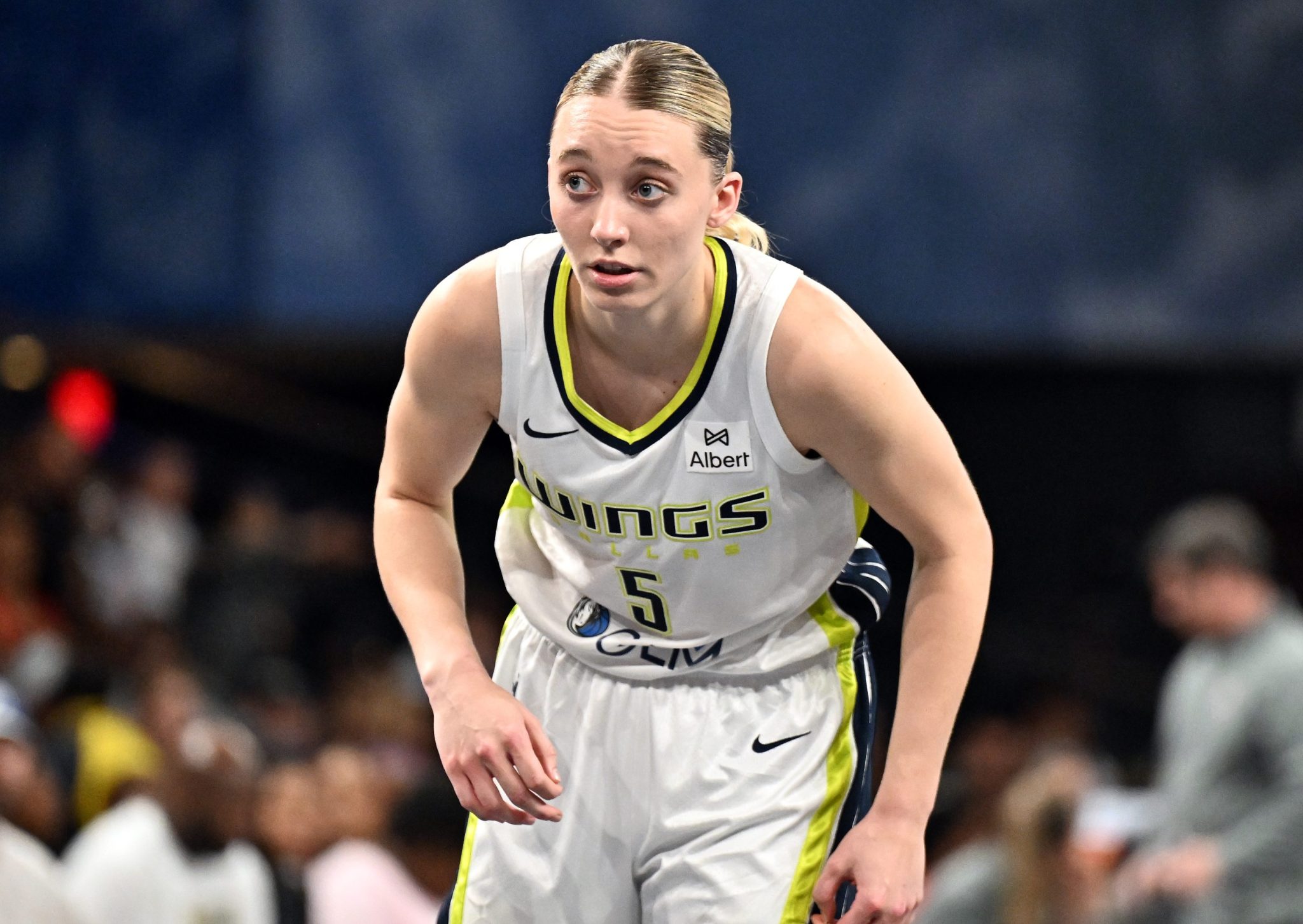
Women’s basketball players can finally stay stateside to make a living, says WNBA star Paige Bueckers, a reversal of a trend of WNBA athletes going overseas to supplement their income from the league.
Professional women basketball players make only a small fraction of their NBA counterparts. The top rookie in the 2024 NBA season made around $12.6 million, and the final pick made about $2.5 million, according to Sports Illustrated. But Bueckers, the WNBA’s 2025 No. 1 draft pick, will make only $78,831, according to the league’s Collective Bargaining Agreement (CBA). Though the women’s league is a half century younger than the NBA, its average team valuation of $269 million skyrocketed 180% from last year, according to data from Sportico.
About half of the WNBA’s 144 players play ball outside the U.S., a way to make up to quadruple their salary in the WNBA, which averages about $100,000. In 2022, four-time WNBA champion Sue Bird told CBS’s “60 Minutes” she was able to become a millionaire after playing in Russia’s EuroLeague.
“I pretty much lost money playing in the WNBA,” she said at the Fortune Most Powerful Women conference in October 2024.
Even as WNBA salaries pale in comparison to the NBA, women basketball stars have found other ways to make money without going abroad, Bueckers said, thanks to the rise of name, image, and likeness (NIL) deals for student-athletes and the rise of alternative leagues in the U.S.
“You’re less likely to go overseas and more prone to stay in the United States, just because there’s more opportunities now,” Bueckers told Fortune.
More stateside opportunities
In 2023, WNBA veterans Napheesa Collier and Breanna Stewart founded Unrivaled, a 3-on-3 women’s basketball league paying its participating athletes an average $220,000 salary. The startup announced on Monday its latest funding round raised its valuation to $340 million, with Serena Williams’ Serena Venture scouting itself among the league’s investors. In April, Bueckers—who is making $348,198 on a four-year contract with the WNBA’s Dallas Wings—signed a three-year deal with the league.
Athletes Unlimited, a 5-on-5 women’s basketball league founded in 2020, has already recruited three-time WNBA champion Alysha Clark and two-time WNBA champion Sydney Colson for its four-week season beginning in February. The league will offer $500,000 in prize bonuses.
The changing landscape of NIL has also allowed athletes to accumulate wealth earlier, Bueckers said. A 2021 Supreme Court decision paved the way for the NCAA to allow student-athletes to make money from NIL deals. The NIL industry swelled to an estimated $1.67 billion in the 2024-2025 academic year, with women’s basketball student athletes getting about 10.2% of total NIL compensation, according to Opendorse’s 2024 report. Their men’s basketball counterparts meanwhile got 21.2% of total compensation. Bueckers’ NIL deals with brands like StockX and Gatorade, helped her reach an estimated $1.5 million net worth in 2024-2025, according to On3.
WNBA commissioner Cathy Engelbert has previously expressed support for players going overseas but has also wanted to increase player-marketing opportunities domestically to entice athletes to keep playing in the U.S. In 2022, Engelbert touted the league tripling its number of player-marketing agreements.
There are more than just financial benefits from continuing to compete in the U.S. WNBA players who have to exert themselves more in between seasons are more injury prone, Bueckers said, with fatigue being exacerbated by overseas travel.
For others, travelling overseas is risky. Six-time WNBA All-Star Brittney Griner was detained in Russia for 10 months in 2022 after Russian authorities found her guilty of carrying hashish oil—a marijuana concentrate—in her luggage. Griner previously said she felt it necessary to play in Russia to make ends meet.
“The whole reason a lot of us go over is the pay gap,” Griner said in her first press conference after her return from Russia. “A lot of us go over there to make an income to support our families, to support ourselves.”
Bueckers said now, players can still make the choice to play abroad, but it’s no longer necessary financially.
“People who want to have that experience and go and play overseas, that opportunity is always available for them,” Bueckers said. “But for people to not feel like they need to in order to stay alive…I think it’s great for that to be a decision that you have to make, and not an obligation.”
Work left to do
Still, WNBA athletes are working to increase their salaries in the league. Bueckers said she doesn’t have a number in mind of what she and her teammates should be paid. Instead, she said she wants a revenue-sharing model. Under the current contract, which expires at the end of the 2025 season, players receive 20% to 25% of the WNBA’s basketball-related income. NBA players receive closer to 50%.
Diana Taurasi, a 20-year WNBA veteran widely regarded as one of its best-ever players, told The Athletic in May the salary the WNBA should try to achieve for players should be $1 million, though also advocated for revenue-sharing.
In July during the league’s All-Star game, WNBA players wore “Pay Us What You Owe Us” shirts after about 40 of the athletes met with the WNBA to discuss CBA agreement negotiations and felt not enough progress had been made ahead of the October deadline.
At the event, Engelbert expressed optimism about a new contract. The league has made some efforts to accommodate player demands, including introducing a $25 million per year charter program to help athletes travel more comfortably and increasing postseason bonuses.
“We want the same things as the players want,” Engelbert said. “We want to significantly increase their salary and benefits while balancing with our owners, their ability to have a path to profitability as well as continued investment. You see tens of millions of dollars being invested in practice facilities and other player experience by teams. We want to strike the right balance between those two so that can continue.”
Bueckers was among the athletes wearing the shirts at the All-Star event.
“We are the players, so we feel like we just should get what we deserve and what the people before us have paved the way for us to get, what the next generation deserves,” Bueckers told Fortune. “As the game continues to grow, and the W continues to capitalize off of our growth…we feel like we should just get a piece of that pie.”
Credit: Source link


